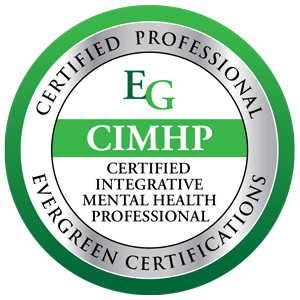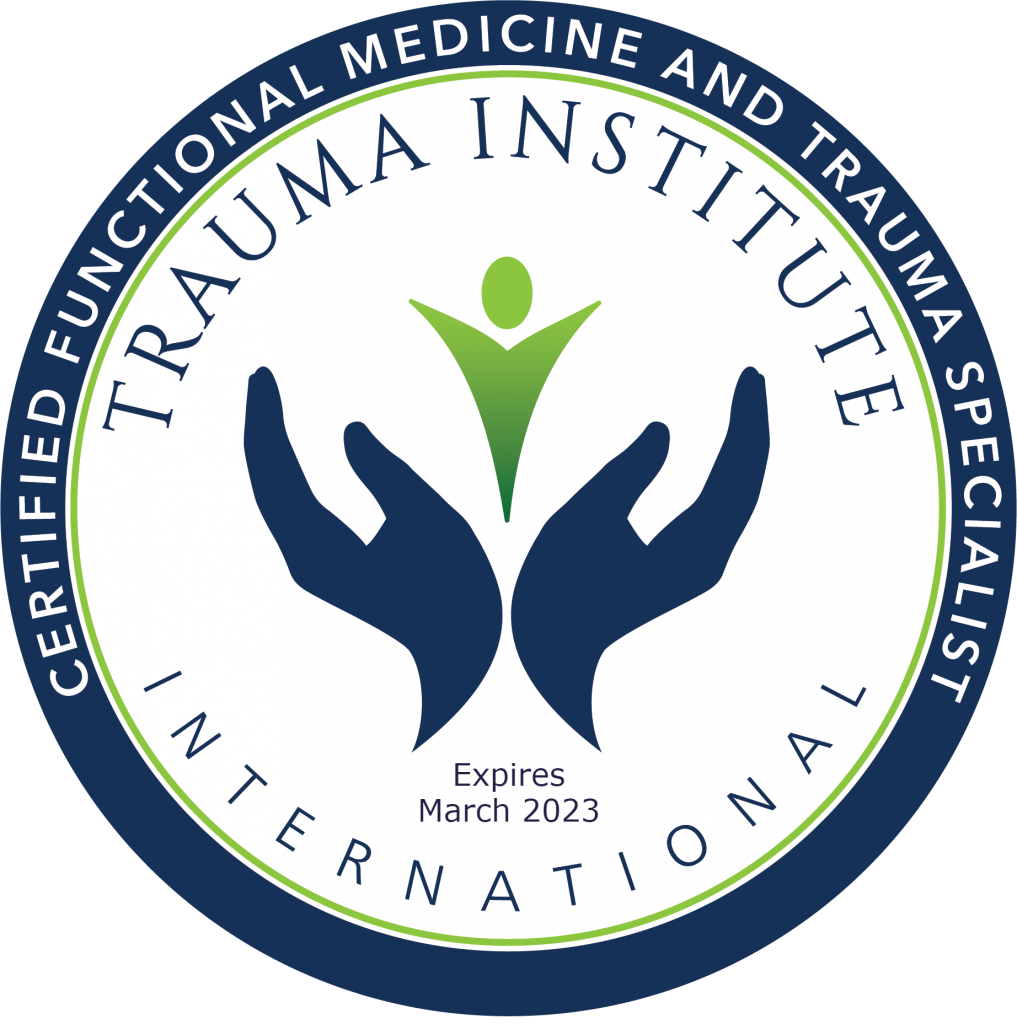Psycho-education is the use of training and education to assist the client to self manage, through self awareness of, and tools to address their condition.
What can psycho-education assist with?
NICE recommend psycho-education for a range of mental health issues including as a first line response for Generalised Anxiety Disorder (GAD). It is also part of Dialectic Behavioural Therapy (DBT) and is used extensively in Cognitive Behavioural Therapy (CBT). Psychotherapists and psychoanalysts who use multiple modals of therapy often use psycho-education. Psychoeducation is often stage one of a Stepped Care approach along side GP or other medical involvement.The psychotherapist or psychoanalyst might teach self care methods, before moving on to psychotherapy or psychoanalysis, while the GP, Psychiatrist or CMHT managing pharmacological approaches and overall safety.



DBT Trained 
MBCT trained 
Clinical Mindfulness
What does psycho-education address?
- Day to day energy management, knowing and respecting rhythms
- Diet and self care, balancing and supportive options
- Moving from maladaptive levels of control to positive balanced levels (either DBT style from too little control, or RO-DBT from excess control)
- Changing assumptions and beliefs about behaviour, perception and life through gentle Socratic questioning and experimentation.
- Food choices, some food supports mental health and other foods long term negatively effect mental health
- Drug and alcohol use
- Exercise levels
- Sleep levels
- TLC (tender loving care) for self care, self nurturing and self soothing as a positive response to triggers and states.
- Self monitoring- knowing the state you are in better
- Having plans for “up”, “down”, “angry” and “ill” states and being able and willing to adapt between them
- Having support networks and responses
- Learning self relaxation, self hypnosis and mindfulness exercises.
- Learning self assessment and self analysis exercises such as CBT based exercises.
What kinds of therapy or therapists employ Psycho-education?
Many more therapists are now realising the value of psychological education for health management. It was a core part of Stuart’s externally accredited training and assessment (1993-6). Psychotherapists, Coaches and Psychoanalysts are more and more using psycho-education in their treatment and care plans for clients, especially those using cognitive behavioural methods such as DBT and CBT.
If possible seek out a therapist with actual training and accreditation in education or training, as well as a meaningful psychological therapy accreditation. Therefore for example a psychoanalyst with education or training accreditation units. Remember many life coaches have unaccredited awards of varying quality so look for an award that adheres to the national accreditation levels at 5 or above.

Key Words:
Psychological education, psycho-education, psychological life coaching, psychological coaching, psychotherapy and education, psychoanalysis and education, counselling and education, client education for mental health, mental health self management, mindfulness training, Edinburgh, Falkirk, Scotland, Psychotherapy, Psychotherapist, Psychoanalyst.

